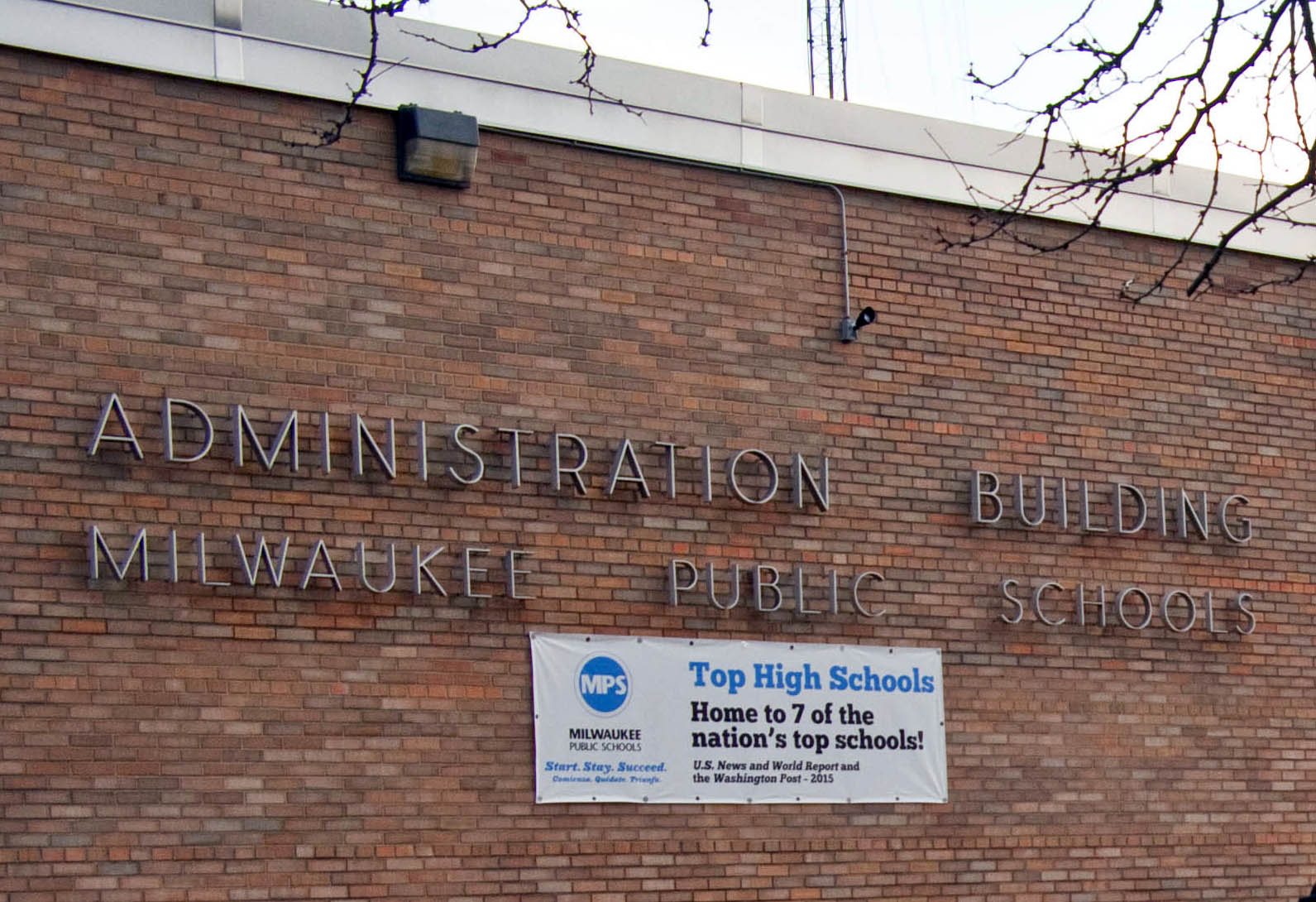As it begins to review the operations of two state agencies, the Joint Legislative Audit Committee will prioritize analyzing the Department of Public Instruction over Wisconsin’s fish and wildlife account, the audit committee co-chair said Friday.
Republican Sen. Eric Wimberger told “Wisconsin Today” the $16 million budget shortfall in the Department of Natural Resource’s fish and wildlife account could be caused by something as simple as fewer hunters and anglers.
“I just think it’s a big unknown, so I don’t want to pass judgment yet in any way,” Wimberger said. “Unlike the DPI audit, where I think there’s some wrongness going on and we’re going to follow a particular path.”
Stay informed on the latest news
Sign up for WPR’s email newsletter.
On Aug. 29, the Joint Legislative Audit Committee voted 5-4 along party lines to order an audit to analyze DPI’s monitoring of school district finances following revelations this summer that Milwaukee Public Schools did not submit annual audits to DPI, causing the school district to lose $81 million in state funding.
About half of the $81 million that MPS will not receive — $42.6 million — reflects an adjustment from DPI due to district reporting errors in the 2022-23 school year.
During the 2023-24 school year, MPS received $636.4 million in state aid. DPI estimates show the district will receive $555.3 million during the 2024-25 school year, a 12.75 percent decrease.
The remaining money is an estimated decrease in general school aids for 2024-25.
Gov. Tony Evers has also called for separate audits of MPS’ operations and instructional practices.
On Tuesday, Evers told WPR he’s not sure what DPI has done wrong. He called the Republican-led audit of DPI “ridiculous.”
“They’re doing their good work, the people here are doing the best job they can, and we’re going to continue to support them,” Evers said while at a Milwaukee school. “Obviously, we’re doing some audits with Milwaukee Public Schools, so I don’t think we need to be audit crazy at this point in time. I think what we’re asking the school district to do is reasonable, reasonable audits, and I’m looking forward to those results.”
But in June, Evers criticized DPI for waiting nearly a year to inform the public about Milwaukee Public Schools’ financial crisis.
Wimberger said DPI’s failure to monitor MPS allowed the district to ask voters to pass a $252 million referendum in April, without knowing the financial trouble the district was in.
“These things have significant ramifications with the lack of monitoring and information out to the public,” Wimberger said.
The scope of the audit includes an evaluation of:
- How much time DPI staff spent reviewing and following up on school district financial information reported to the agency annually;
- The timeliness by which school districts submit financial information to DPI and actions taken by DPI to obtain late information;
- Policies and procedures for tracking and monitoring information related to financial audits, internal control deficiencies and noncompliance, and whether the agency has followed them; and
- Instances in which DPI took action based on its review of a school district’s financial information submitted to the agency.
DPI spokesperson Chris Bucher said the department looks forward to cooperating with the legislative and governors’ proposed audits and working to improve policies and practices at all levels.
“As indicated in the hearing, we also look forward to the legislature examining with an open mind needed changes to statute to support local school districts (in meeting) the tremendous administrative burden of state and federal reporting and requirements, including potentially changes in timing of required reports,” Bucher said. “Our local schools are doing a tremendous job educating kids, and we need to help them in every way we can.”
Editor’s note: this story has been updated to reflect past statements by Gov. Tony Evers about the Department of Public Instruction and Milwaukee Public Schools.
Wisconsin Public Radio, © Copyright 2025, Board of Regents of the University of Wisconsin System and Wisconsin Educational Communications Board.

